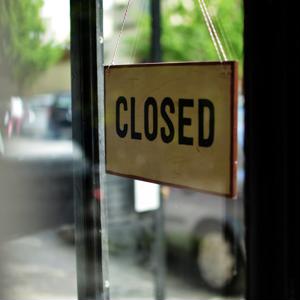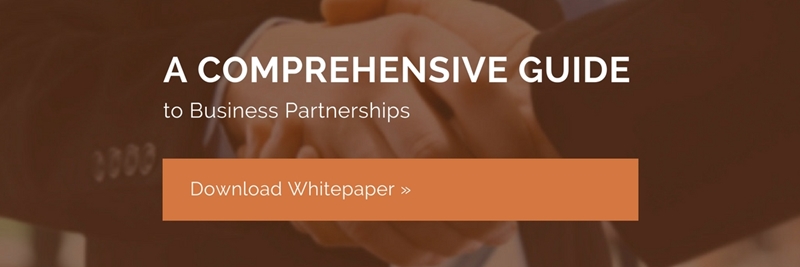
Are business shutdown orders legal?
April 3, 2020 10:19 am Leave your thoughts
Few events in world history have so fundamentally altered society quite like the coronavirus crisis, especially for business owners. Covid-19, as its otherwise known, is a highly contagious pathogen that produces flu-like symptoms, such as fever, sore throat, dry cough and trouble breathing.
Out of an abundance of caution, government officials have issued stay-at-home orders for millions of people, ordered businesses to suspend operations and urged religious organizations to avoid congregating. According to the very latest estimates from Johns Hopkins University's Center for Systems Science and Engineering, over 1 million people have been diagnosed with the disease thus far, with the U.S., Italy, Spain, Germany and China accounting for the vast majority of cases. Roughly 53,200 people are known to have died from the contagion. Health experts say those numbers will continue climbing for the foreseeable future.
Can the government go to these lengths?
With numerous cities on lockdown, and over 10 million Americans filing for unemployment benefits in a period of two weeks, according to CNN Business, and entire industries at a virtual standstill, it raises the question: Are the shutdown orders legal? Are government officials – whether from the federal government, state or local level – in violation of the U.S. Constitution by blocking companies from performing business as usual?
By most accounts, legislators are within their rights to do so.
As noted by Scott Burris, director of the Center for Public Health Law Research at Temple University's Beasley School of Law, verbiage within the Constitution permits the government to step in during health crises and disaster declarations.
"A storeowner could try to go to court and say that [a governor] has exceeded his powers in closing businesses, but my very confident prediction is that a court would say that the power to do this can be derived from the explicit powers, like preventing movement and changing enforcement of business licensure, Burris told Lancaster Online by email. "Courts give government a lot of leeway during emergencies."
Some say otherwise
Given portions of the Constitution are open to interpretation, not everyone agrees. Marc Scaringi, a Harrisburg-based attorney, wrote for PennLive that officials who go to these lengths are infringing upon citizens' inherent freedoms.
Whether businesses have standing in these cases is a decision for the courts to decide. At Hudspeth Law Firm, our aim is to ensure that our clients always have the law on their side. We're Phoenix business attorneys and if you're considering litigation over the effects the coronavirus shutdown has had on your company, we'll help you determine if a lawsuit is worth pursuing.
Please contact us today to arrange a video, phone or email consultation.
Categorised in: Business Law
This post was written by





